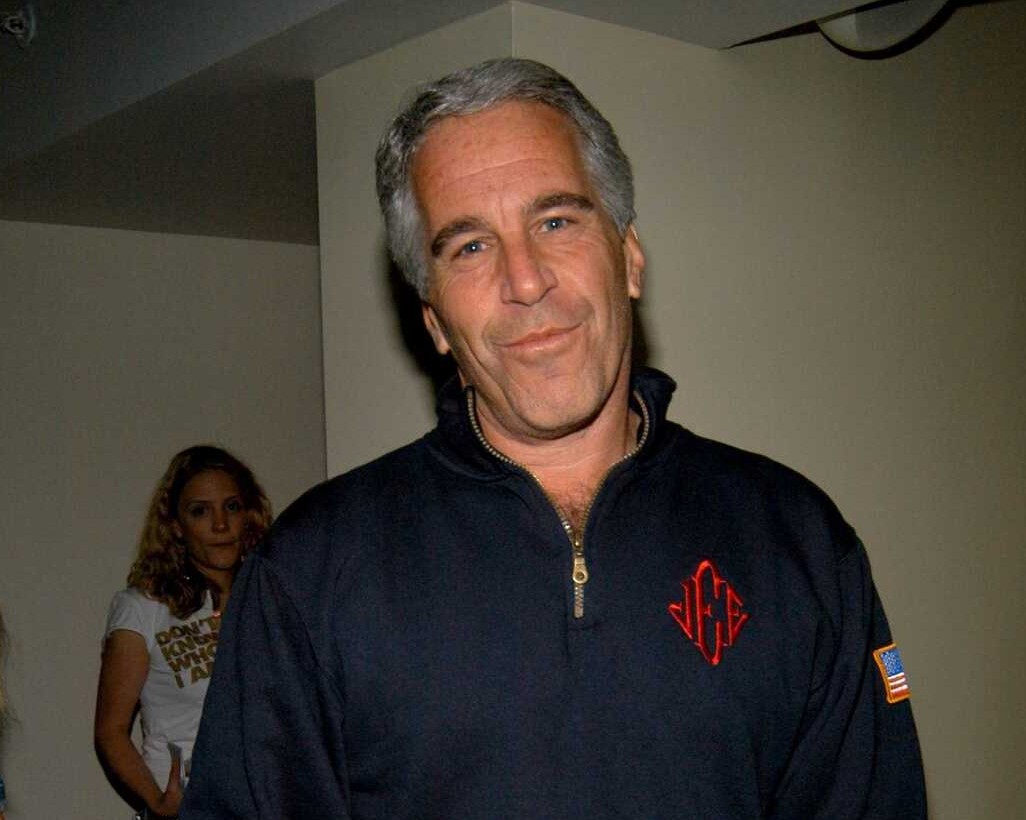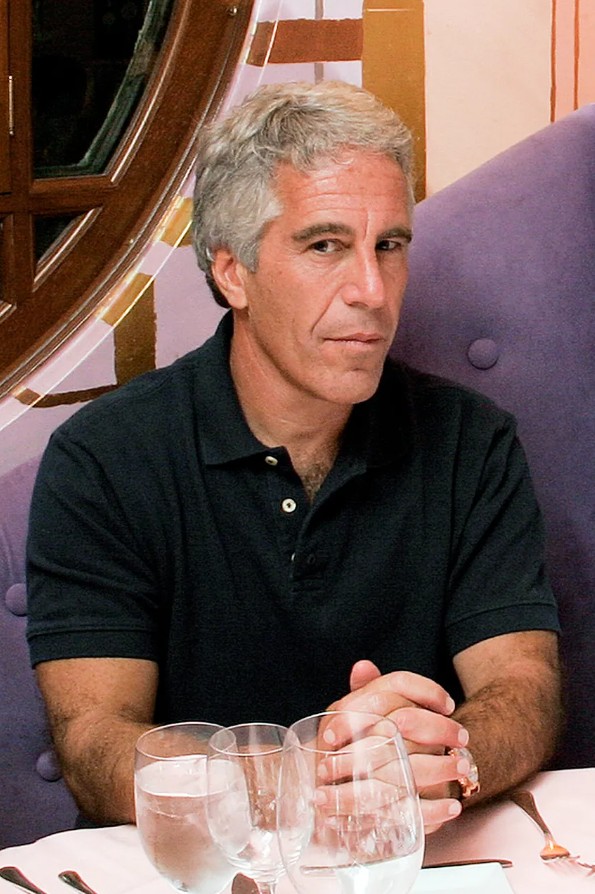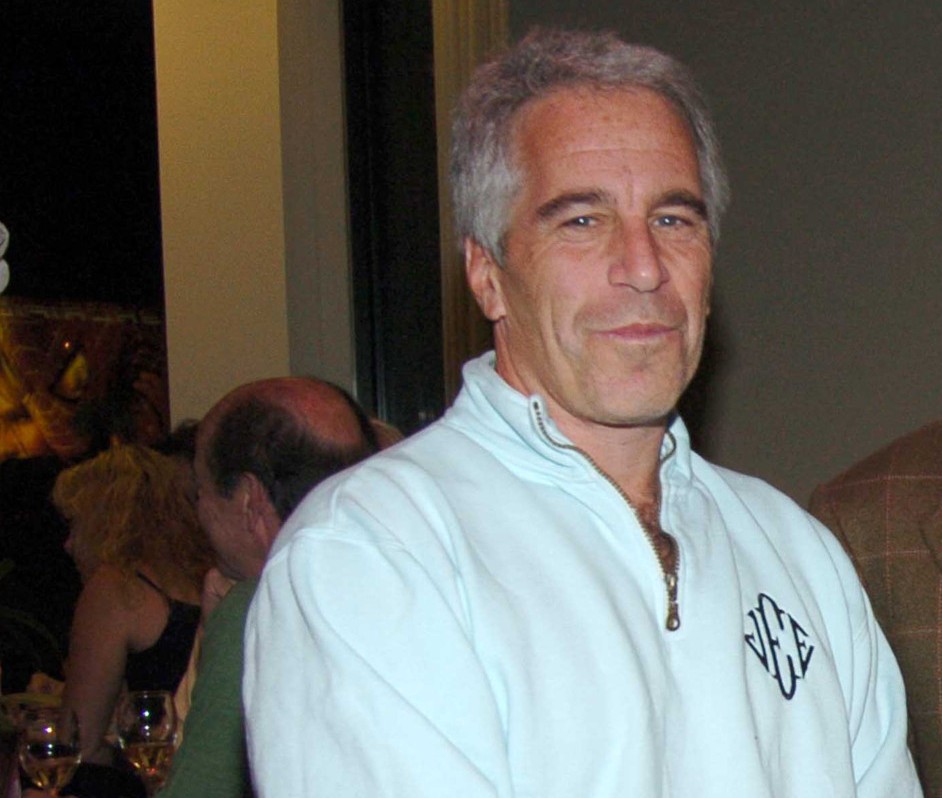Jeffrey Epstein Video Released and What They Tried to Hide
In a long-awaited effort to address persistent conspiracy theories, the U.S. Department of Justice (DOJ) and the Federal Bureau of Investigation (FBI) have jointly released a memo detailing the conclusions of a thorough review into Jeffrey Epstein’s criminal case and his death. Contrary to ongoing speculation, the review found no evidence of a “client list,” no credible signs of blackmail involving influential figures, and reaffirmed that Epstein died by suicide while in federal custody.

Contents
- 1 A Disgraced Financier and Video Evidence
- 2 DOJ and FBI Close the Case: Key Findings
- 3 Political and Public Pressure for Transparency
- 4 The “Epstein Files” Binders and Social Media Backlash
- 5 Elon Musk’s Allegations and Trump’s Denial
- 6 White House Defends Administration’s Transparency
- 7 Acknowledging Epstein’s Victims
- 8 No Further Disclosures Expected
A Disgraced Financier and Video Evidence
Jeffrey Epstein, a wealthy financier with significant ties to politics, business, and entertainment, was arrested in July 2019 on federal charges of trafficking underage girls. Just over a month later, on August 10, 2019, Epstein was found dead in his cell at the Metropolitan Correctional Center (MCC) in Manhattan.
Shocking New Details in Jeffrey Epstein Video Exposed
The controversial circumstances surrounding his death fueled a surge of rumors, with many speculating that powerful individuals might have been involved in silencing him. Since that time, Epstein’s case has remained a focal point of public intrigue and political discourse, with calls for transparency and accountability.
DOJ and FBI Close the Case: Key Findings
The recently released memo, initially reported by Axios, outlines the results of the multi-year investigation conducted by the DOJ and FBI. It addresses several key issues that have dominated public conversations.
1. Cause of Death: Suicide Confirmed
According to the memo, Epstein’s death was determined to be a suicide while in custody. The review included an examination of the video surveillance footage from the night of his death. Investigators confirmed that Epstein was alone in his cell and that no one entered his unit during the relevant period. This debunks popular theories that his death may have been a murder or staged.
2. No Client List or Blackmail Evidence
The memo categorically denies the existence of a “client list” featuring powerful individuals who allegedly used Epstein’s trafficking network. It also emphasizes that no credible evidence was found to support claims that Epstein was blackmailing public figures or using compromising materials against them.
Furthermore, the memo makes it clear that no evidence was found to justify investigations into “uncharged third parties.” This essentially rules out any implication of criminal behavior by publicly speculated elites based on the available evidence.
Political and Public Pressure for Transparency
The release of the memo follows increasing public and political demands for transparency. Attorney General Pam Bondi and other senior officials had pledged to release full Epstein-related files earlier this year after former President Donald Trump’s return to the White House. This commitment was seen as an effort to resolve years of public skepticism and address accusations of a government cover-up.

In a February Fox News interview, Bondi made headlines by stating that a “client list” was on her desk, which reignited speculation. However, the memo released later clarifies that no such list ever existed.
The “Epstein Files” Binders and Social Media Backlash
In February, the administration further attempted to address concerns by inviting 15 right-wing social media influencers to the White House. These influencers were presented with binders marked “The Epstein Files: Phase 1,” reportedly handed out by Bondi during a meeting attended by President Trump, FBI Director Kash Patel, and Vice President JD Vance.
Despite hopes for major revelations, the influencers soon revealed that the binders contained materials already in the public domain or that had been leaked before but not officially confirmed. While framed as a gesture of transparency, critics considered it more symbolic than substantive.
Bondi later confirmed that the binders contained declassified documents already available to the public, with no new information included.
Elon Musk’s Allegations and Trump’s Denial
In a new twist to the ongoing Epstein saga, billionaire entrepreneur Elon Musk publicly alleged that the Epstein files were being suppressed due to former President Donald Trump’s involvement. Musk’s claims came on the heels of a recent political fallout between the two former allies, adding further complexity to the already controversial case.

Trump was quick to respond on social media, rejecting the allegations and dismissing any supposed ties to Epstein as “old news.” In a subsequent NBC News interview, Trump elaborated, stating that he had not maintained any relationship with Epstein for nearly two decades before the financier’s death.
This exchange highlighted the growing political manipulation of Epstein’s legacy, illustrating the challenge of separating fact from fiction in the public discourse surrounding the case.
White House Defends Administration’s Transparency
On Monday, White House Press Secretary Karoline Leavitt addressed the media, defending the administration’s handling of the Epstein case. She reaffirmed that President Trump had instructed the DOJ and FBI to conduct a thorough review and provide public access to their findings wherever possible.
“There was material they did not release, because, frankly, it was incredibly graphic and contained child exploitation content, which is not appropriate for public consumption,” Leavitt stated. “However, they committed to an exhaustive investigation. That’s exactly what they did, and they made their results available.”
When questioned about Bondi’s previous comment about the “client list,” Leavitt clarified that Bondi was referring to a broader set of documents linked to Epstein’s criminal activities, not an actual “client list” of names.
Acknowledging Epstein’s Victims
A particularly sobering aspect of the DOJ and FBI’s memo is the acknowledgment of Epstein’s victims. The review confirmed that over 1,000 individuals were harmed by Epstein’s actions, each subjected to “unique trauma” as a result of his criminal exploitation.
The memo stressed the importance of focusing on the victims rather than engaging in speculation. “One of our highest priorities is combatting child exploitation and bringing justice to victims. Perpetuating unfounded theories about Epstein serves neither of these ends,” the memo stated.
No Further Disclosures Expected
The memo concluded by emphasizing that the DOJ and FBI had “worked diligently to provide the public with the maximum amount of information” and that, based on the available evidence, “no further disclosure would be appropriate or warranted.” This suggests that the government considers the matter largely closed from an investigative standpoint.
The message was clear: While the public is entitled to transparency, it is also entitled to facts. In this case, the facts do not support many of the dark rumors that have plagued the Epstein case for years.
Despite the comprehensive review and the firm conclusions drawn, public skepticism is likely to persist. Epstein’s ties to powerful figures, the strange circumstances of his death, and the secrecy surrounding the investigation have all contributed to a lasting distrust in the official narrative.
For now, however, the DOJ and FBI have made their final statement: There is no client list. There was no blackmail ring targeting politicians or celebrities. Epstein died by suicide. While hundreds of victims continue their pursuit of justice, the government’s investigation appears to have reached its conclusion.
Whether the public will accept these conclusions or continue to demand more answers remains to be seen. Only time will tell.
Breaking News -Karina García Viral Video and the Controversy It Created
Sharife Cooper and Ash Kash Viral Video and Impact
Will Levis and Gia Duddy Video Leak and Fan Reactions
Isabella Ladera y Beele video viral con Erome and Privacy
Iryna Zarutska Video and The Tragic Death of Refugee
Obdulia Sanchez Video and the Story of Love with Loss
Funky Town Gore Video and Internet’s Darkest Viral Clip
